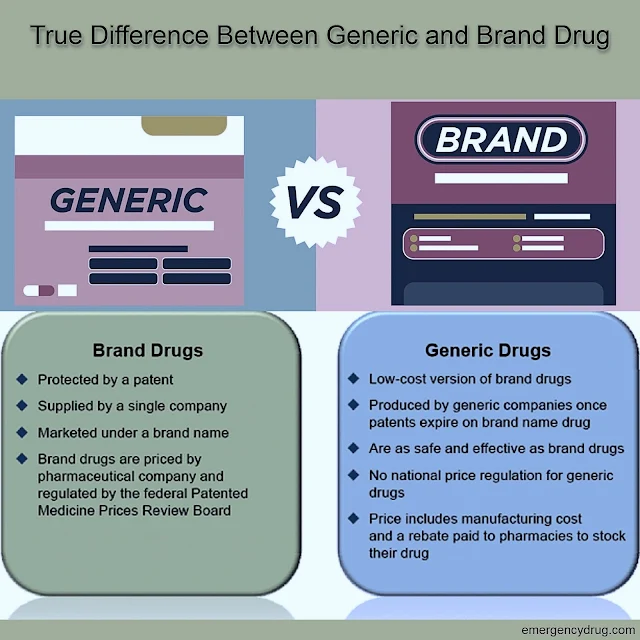Introduction
When it comes to purchasing medications, consumers often find themselves faced with two options: generic or brand-name medicines. While both options are designed to treat the same medical conditions, there can be significant differences in their pricing, packaging, and even effectiveness. This article aims to shed light on the topic of generic and brand medications, helping readers gain a better understanding of their efficacy and effectiveness.
Understanding Generic Medicines
Generic medicines are produced after the patent for the original brand-name medication expires. These medications are developed to be bioequivalent to the brand-name drug, meaning they have identical active ingredients, strength, dosage form, and route of administration. Nevertheless, generic medications often have different inactive ingredients, including fillers and binders, which may affect factors such as taste or absorption rate.
Price and Availability
One of the primary advantages of generic medicines is their affordability. Since generic drug manufacturers do not have to invest in research and development or extensive clinical trials like brand-name manufacturers, they can offer their products at a much lower cost. This makes generic medications significantly more accessible to a larger population.
Efficacy and Therapeutic Equivalence
Before generic medicines can be approved, regulatory authorities rigorously evaluate their efficacy and safety. Generic medications need to demonstrate "therapeutic equivalence" to their brand-name counterparts. This means that they provide the same therapeutic benefits and are expected to have an equal effect on patients when used as prescribed.
It's important to note that therapeutic equivalence does not mean they are identical in terms of effectiveness for every individual. The body's response to medications can vary, and slight differences in the inactive ingredients or formulation may cause some variations in effectiveness or side effects.
Brand Medicines and Their Advantages
Brand medicines are the original drugs developed by pharmaceutical companies, and they hold the patent for a specific period. These medications undergo extensive research, clinical trials, and regulatory scrutiny before they are approved and marketed. As a result, they often have a higher price tag compared to generic drugs.
Perception and Trust
Brand-name medications often enjoy a higher level of trust and confidence among patients due to their established reputation and the extensive research associated with their development. For some individuals, this perception can generate a sense of reassurance and confidence in the medication's effectiveness. However, it's important to consider that generic medications have undergone rigorous testing to demonstrate their therapeutic equivalence.
Switching Between Generic and Brand Medications
In some cases, patients may experience slight variations in response when they switch between generic and brand-name medications. This can be due to differences in inactive ingredients or individual variations in response. However, it's important to note that strict regulations ensure that the active ingredients in generic medications are bioequivalent to their brand-name counterparts.
Read also: Unveiling the Differences and Similarities Between Generic and Branded Drugs
Conclusion
Decoding the differences between generic and brand medications is essential for informed decision-making. Generic medicines offer cost-effectiveness and therapeutic equivalence, making them suitable alternatives for many patients. Brand-name medications, on the other hand, can provide reassurance and a sense of confidence in their effectiveness and quality. Ultimately, the choice between generic and brand medications should be based on discussions with healthcare professionals, considering individual needs, preferences, and the specific conditions being treated.





Post a Comment
Full Name :
Adress:
Contact :
Comment: